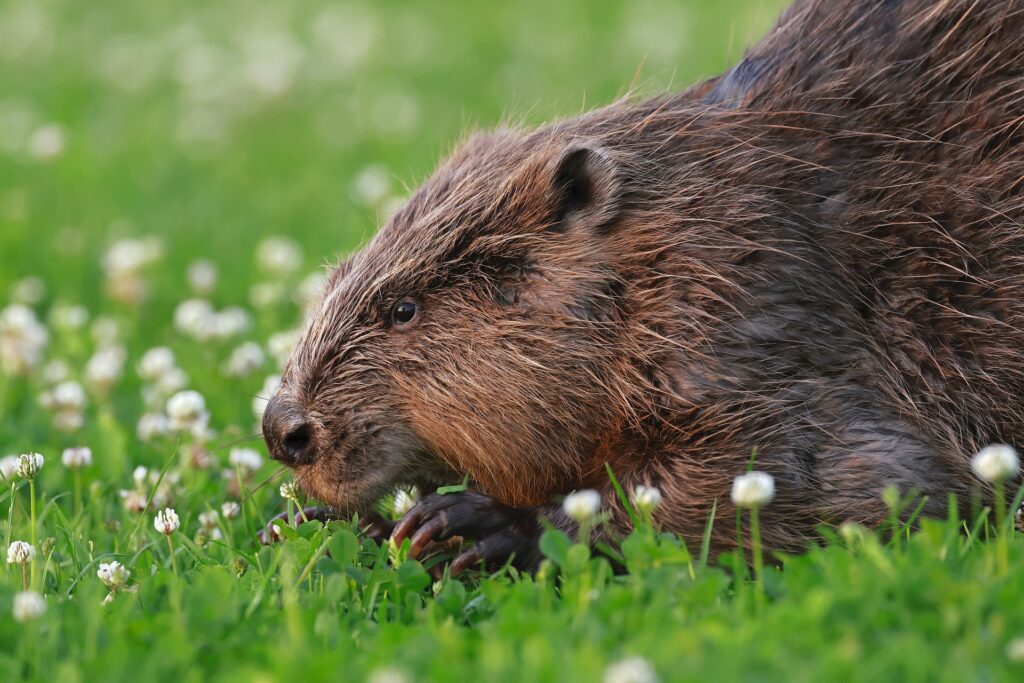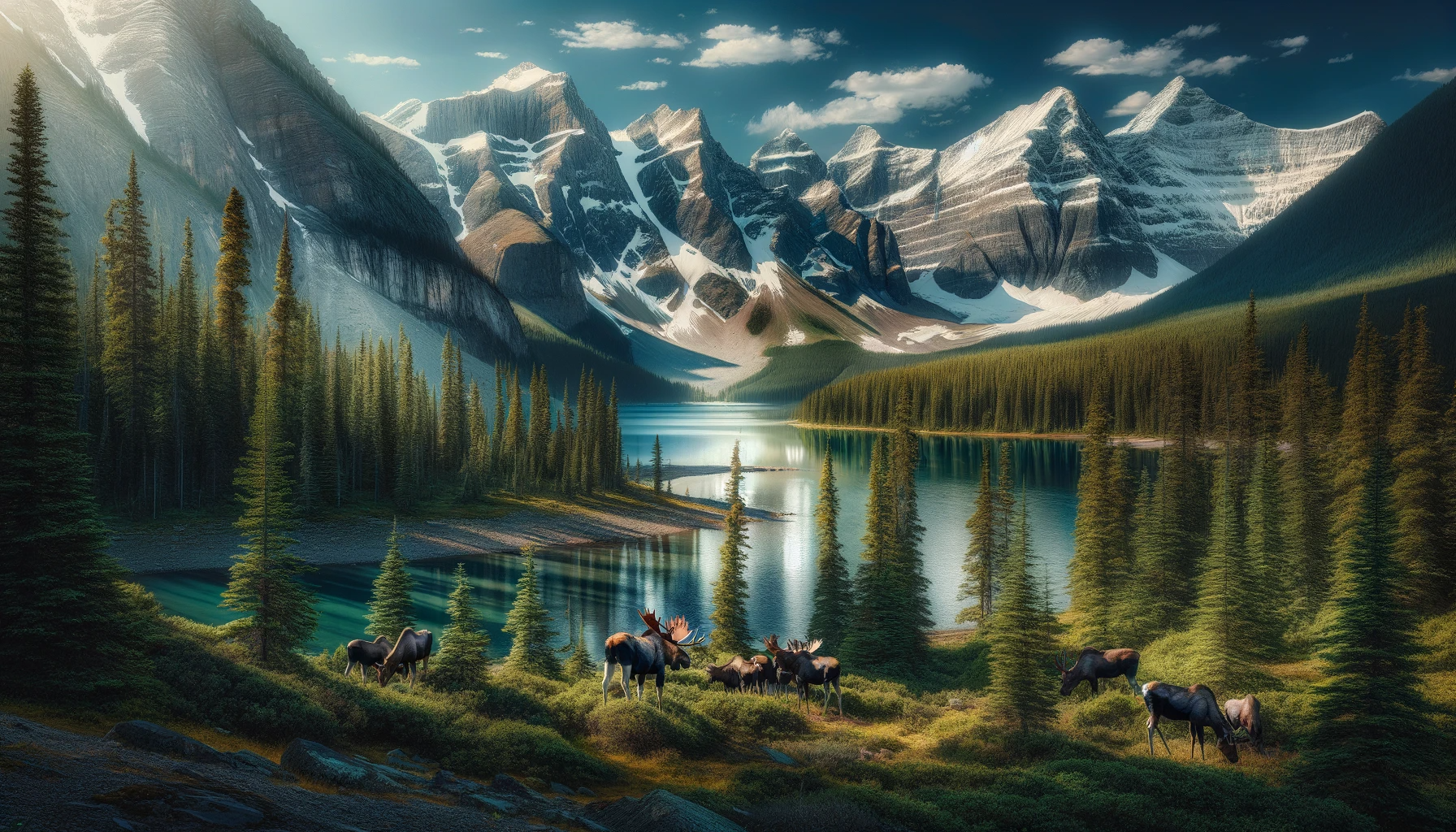Canada, the second-largest country in the world by total area, is located in the northern part of North America. Its ten provinces and three territories extend from the Atlantic to the Pacific and northward into the Arctic Ocean. With a population of over 37 million people, Canada is known for its vast natural beauty, multicultural cities, and bilingual heritage.
List of Public Holidays and Bank Holidays for Canada in the year 2025
- New Year’s Day: Wednesday, January 1, 2025 (National holiday)
- Good Friday: Friday, April 18, 2025 (Observed nationwide, except in Quebec)
- Easter Monday: Monday, April 21, 2025 (Primarily observed by federal employees and in certain provinces)
- Victoria Day: Monday, May 19, 2025 (Observed nationwide, except in Quebec)
- Saint-Jean-Baptiste Day: Tuesday, June 24, 2025 (Observed in Quebec only)
- Canada Day: Tuesday, July 1, 2025 (National holiday)
- Civic Holiday: Monday, August 4, 2025 (Observed in most provinces, excluding Quebec)
- Labour Day: Monday, September 1, 2025 (National holiday)
- National Day for Truth and Reconciliation: Tuesday, September 30, 2025 (National holiday)
- Thanksgiving Day: Monday, October 13, 2025 (Observed nationwide, except in certain provinces)
- Remembrance Day: Tuesday, November 11, 2025 (Observed nationwide, with exceptions in Ontario, Quebec, Manitoba, and Nova Scotia)
- Christmas Day: Thursday, December 25, 2025 (National holiday)
- Boxing Day: Friday, December 26, 2025 (Observed in Ontario, Quebec, New Brunswick, Nova Scotia, Prince Edward Island, and Newfoundland and Labrador)
List of Public Holidays and Bank Holidays for Canada in the year 2024
- New Year’s Day: January 01, Monday, 2024
- Good Friday: March 29, Friday, 2024
- Easter Monday: April 01, Monday, 2024
- Victoria Day: May 20, Monday, 2024
- Canada Day: July 01, Monday, 2024
- Labour Day: September 02, Monday, 2024
- Thanksgiving: October 14, Monday, 2024
- Christmas Day: December 25, Wednesday, 2024
- Boxing Day: December 26, Thursday, 2024
Please note that some holidays in Canada vary by province and territory, and additional regional holidays may not be listed here. For the most accurate and detailed information, it’s a good idea to consult a local government or official source.
Country Profile Canada
- Population: 33.8 million (UN, 2010)
- Capital: Ottawa
- Largest city: Toronto
- Area: 9.9 million sq km (3.8 million sq miles)
- Major languages: English, French (both official)
- Internet domain: .ca
- International dialling code: +1
Here is an extensive summary of important facts about Canada:
Geography
Canada covers 9.98 million square kilometers, making it the second-largest country by total area. Its diverse landscapes include vast forests, numerous lakes and rivers, the expansive Rocky Mountains, and the Arctic tundra. Canada has the longest coastline in the world, bordering the Atlantic, Pacific, and Arctic Oceans.
Population and Demographics
Canada is known for its multicultural society, stemming from a long history of immigration. The population is diverse, with English and French being the official languages. Indigenous peoples, including First Nations, Inuit, and Métis, represent a significant and important part of Canada’s heritage and present-day culture.
History
Canada’s history begins with the Indigenous peoples who inhabited the land for thousands of years. European exploration began in the 15th century, leading to French and British colonialism. The country was formed in 1867 through Confederation and gradually gained independence from the United Kingdom over many years, culminating in the patriation of the Constitution in 1982.
Government and Politics
Canada is a parliamentary democracy and a constitutional monarchy, with the monarch of the United Kingdom as its head of state. The country operates under a federal system where powers are divided between the federal government and the provinces and territories. The political system is a multi-party system, and the country regularly holds democratic elections.
What is the national animal of Canada?
The Beaver is one of the national symbols of Canada

Economy
Canada has a highly developed mixed economy, being one of the world’s largest suppliers of agricultural products, particularly wheat and other grains. It’s also rich in natural resources, with the mining and oil industries being two of its most lucrative sectors. The country’s economy also includes manufacturing, technology, and a growing service sector.
Culture
Canadian culture is influenced by its European colonial past and its current diverse population. It is known for its support of the arts, preservation of Indigenous cultures, and bilingualism. Canada has a strong literary tradition, vibrant visual arts scene, and a successful music industry. Canadian cuisine is similarly diverse, with dishes like poutine, bannock, and butter tarts reflecting the country’s multicultural makeup.
Language
Canada is officially bilingual in English and French, reflecting the country’s history and the significant presence of French-speaking Canadians, particularly in Quebec. Numerous Indigenous languages are also spoken, and due to immigration, languages such as Mandarin, Punjabi, Spanish, and Tagalog are increasingly common.
Religion
Canada is religiously diverse, with Christianity being the largest religion. However, the country also has significant populations of Muslims, Hindus, Sikhs, Buddhists, and Jews, as well as a growing number of individuals who identify as non-religious, reflecting global secularizing trends.
Education and Health
Canada places a high value on education, with a public education system that provides schooling from kindergarten through to post-secondary levels. The country is home to many world-renowned universities and colleges. In healthcare, Canada has a publicly funded system providing universal coverage to all Canadian citizens and permanent residents.
Natural Resources and Environment
Canada’s vast natural resources include oil and natural gas, minerals, and forests. It is one of the world’s largest exporters of energy products. The country is also known for its commitment to the environment and has numerous national parks and conservation areas to protect its diverse ecosystems and wildlife.
Tourism
Tourism is an important part of Canada’s economy, with the country offering a wide range of attractions from the natural beauty of places like Niagara Falls and Banff National Park to cultural experiences in cities such as Toronto, Montreal, Vancouver, and Quebec City.
Challenges and Future Prospects
Canada faces several challenges, including climate change, reconciliation with Indigenous peoples, and regional disparities in economy and health. However, with its strong democratic institutions, diverse population, and commitment to social welfare, the country is well-positioned to address these issues and continue playing a significant role on the world stage.
Conclusion
Canada is a country with a rich history, diverse culture, and strong global presence. Its vast landscapes, multicultural cities, and bilingual heritage make it unique. With its commitment to human rights, environmental protection, and global peacekeeping, Canada continues to be an influential nation with a reputation for being welcoming and inclusive. As it looks to the future, Canada will continue to navigate its challenges while building on its strengths, contributing to its status as a respected and influential global player.

